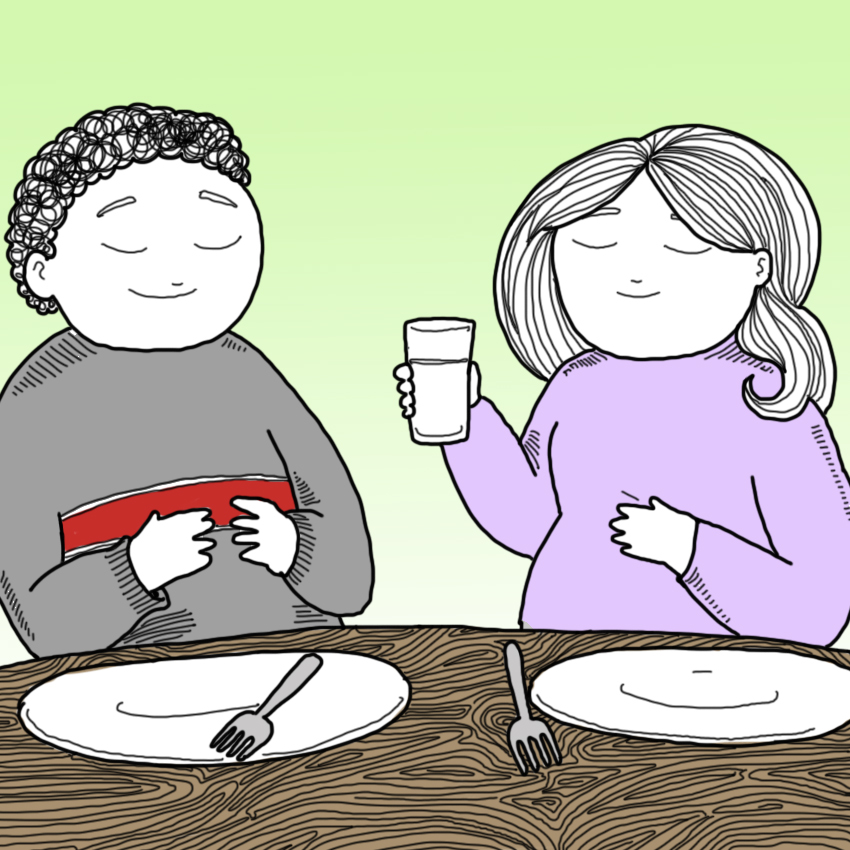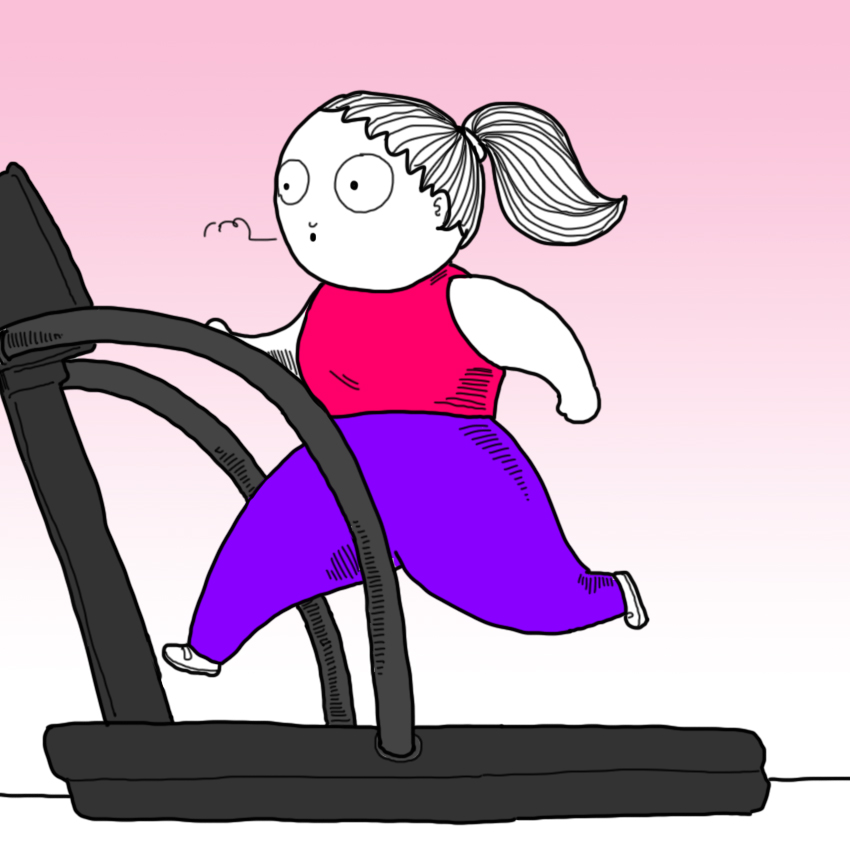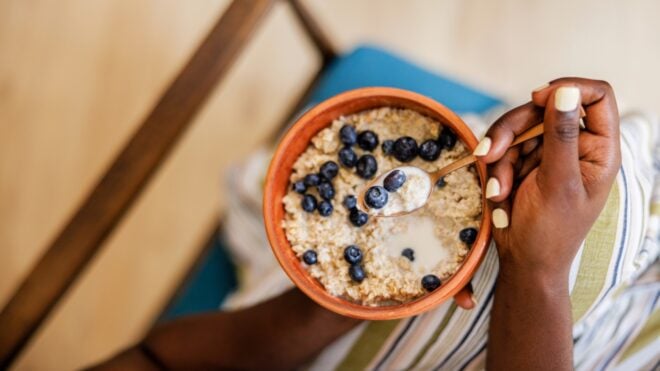
When it comes to losing weight and building muscle, protein is the ultimate tool. Fitness fanatics and casual gym goers alike praise protein for its ability to maintain muscle mass and burn fat, but there are several other little-known benefits that make it so vital to our bodies.
According to the US National Library of Medicine, proteins help the cells in our bodies function and are necessary for the maintenance of our organs and tissues. Without an adequate amount of protein in our diet, the body would not be able to sustain itself, let alone trim fat and build muscle.
Protein also assists in other things like aging gracefully and overall health. Basically, this nutrient is a must when it comes to looking and feeling great.
Keep reading to learn about some of the many surprising benefits of protein, and make sure to SHARE this information with health-conscious friends and family.
1. Prolongs Feelings Of Fullness

In a study published in the Journal of the Academy of Nutrition and Dietetics, researchers at Purdue University found that a high-protein diet triggers feelings of fullness between meals.
"Protein is more complex so it takes the body longer to break down. Therefore, you stay full longer," says Laura Cipullo, R.D., owner of L'ifestyle Lounge in Closter, New Jersey.
2. Keeps You Energized

According to Premier Protein®, you'll have more energy with the right mix of protein, carbs and fats, as it takes a while for the body to digest protein, resulting in a consistent energy supply.
"[Protein] provides you with sustained output of energy, so the body is slowly getting energy," Laura said.
In comparison, indulging in a carbohydrate-rich diet will supply the body with a quick fix of energy, but also lead to a fast crash.
3. Boosts Mood

The hormones in our brain that regulate mood (like serotonin and epinephrin) are made up of amino acids, which the body gets from eating proteins. In the body, carbohydrates and protein work together to achieve mood stability.
“In order to have a stable mood, you need to have the essential amino acids that you would be getting in a protein shake,” says Laura. “They’re the building blocks of hormones.”
4. Supports The Immune System

The antibodies that bind to viruses and alert the immune system of an infection are actually a type of protein.
A high dose of protein in our diet helps build up our antibody supply, which contributes to immune system function.
5. Contributes To Hair Health

Nutritional deficiency may impact both hair structure and hair growth.
"Hair is made of keratin, and protein makes up that keratin," Laura said.
With enough protein in our diet, our hair has the nutrients it needs to grow and stay healthy. On the other hand, an inadequate amount of protein can result in thin, brittle hair and even hair loss.
"Nutritional deficiency may impact both hair structure and hair growth…. [and] can result in hair changes that include hair thinning and hair loss," a study published in Dermatology Practical & Conceptual concluded.
6. Strengthens The Skin

Collagen, one of the most abundant proteins in the body, is what gives the skin its elasticity and prevents signs of aging, like wrinkles.
In fact, a study published in Skin Pharmacology and Physiology found that increased collagen intake can improve the skin's moisture and elasticity, thereby reducing the number of wrinkles.
7. Supports Normal Blood Sugar Levels

When proteins are eaten in combination with other macronutrients, they slow down the absorption process and maintain healthy blood sugar levels.
"When you eat a carbohydrate with a protein, it will be digested more slowly," Laura explained. "The carbohydrate will be digested and absorbed at the rate of the protein, so your blood sugar will slowly increase rather than dramatically increase."
Did this article teach you something new about protein? Make sure to SHARE it on Facebook!




